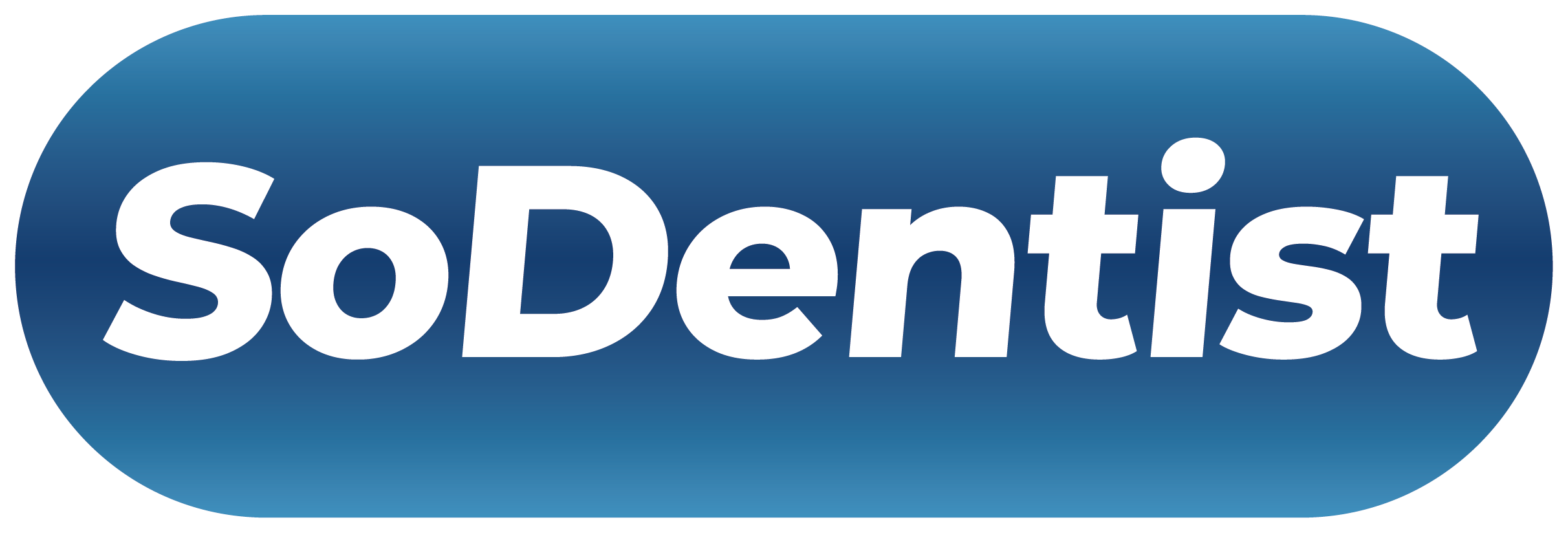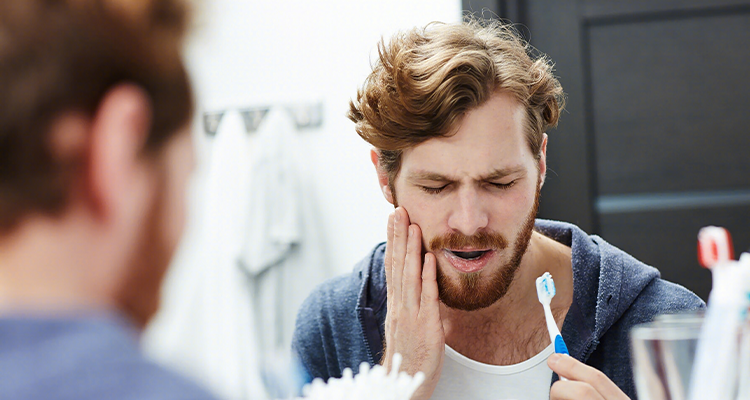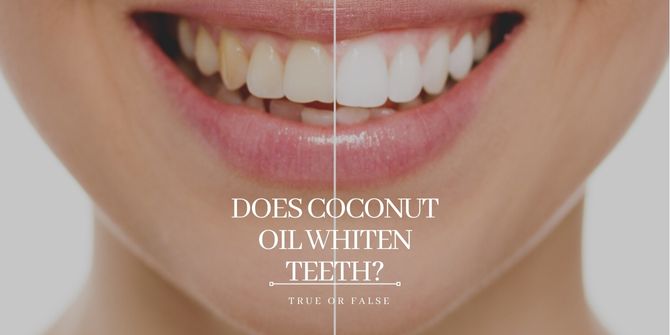In This Article
The Facts Behind Alcohol Consumption Post Tooth Extraction: Safety Concerns Uncovered
Jun 02, 2023

Introduction:
Have you just had a tooth extracted and now yearned for a soothing glass of wine? In one of our earlier blog posts, we examined why smoking post-tooth extraction can spell trouble. If that caught your interest, I encourage you to take a peek at it for a thorough understanding of crucial post-extraction care.
Building on this, we shift our focus today toward another frequently asked question: Can you safely drink alcohol after tooth extraction? Journey with us as we unravel the truth about alcohol's impact on the healing process and potential complications and introduce some comforting alternative beverages to help smooth your recovery.
Understanding the Impact of Alcohol:
While reaching for your favorite tipple is understandable as a source of comfort, professionals strongly advise refraining from alcohol consumption for at least 24 to 72 hours post-procedure—ideally longer, if you can. But what makes this advice so critical?
Alcohol and Its Effect on Blood Clotting:
To truly appreciate this recommendation, it is essential to comprehend the consequences of alcohol on the body's natural healing process. This is especially true after tooth extraction, and consuming alcohol post-extraction can impede recovery due to its anticoagulant properties. Let's delve a bit deeper into this matter, guided by academic research and credible sources to back our claims:
"Numerous studies and health guidelines emphasize the potential risks of drinking alcohol post tooth extraction, primarily due to its impact on blood clotting. Alcohol, acting as an anticoagulant, thins the blood, hindering the natural clotting process crucial for healing after extraction.
A research review in the 'J Korean Assoc Oral Maxillofac Surg' explains that a blood clot forms in the vacant socket post-extraction as a protective shield for the exposed bone and nerve endings. This clot is a vital player in the healing process.
However, alcohol, with its anticoagulant properties, can disrupt this clot formation. 'A The effects of alcohol on coagulation and fibrinolytic factors: a controlled trial' discusses how alcohol can compromise platelet function, a key player in blood clotting, potentially leading to complications in wound healing.
Moreover, alcohol consumption can lead to the dislodgment of the formed clot, resulting in a painful complication known as a 'dry socket.' As stated in 'The Hematological Complications of Alcoholism', dry socket is one of the most common complications post-extraction, with alcohol consumption being a potential contributing factor.
Understanding the interactions between alcohol and the body's healing mechanisms is important. This highlights the significance of avoiding alcohol after tooth extraction. Doing so will promote optimal recovery and reduce the risk of complications, such as dry sockets."
Alcohol's Contribution to Increased Bleeding and Delayed Recovery:
The blood-thinning properties of alcohol can trigger increased bleeding at the extraction site. This prolongs the healing period and brings additional complications into the picture.
Additionally, alcohol can irritate the soft tissues in your mouth, causing discomfort and delaying healing. Its diuretic properties can also lead to dehydration, further hindering optimal healing. In summary, consuming alcohol post-tooth extraction could set your recovery timeline back significantly.
Alcohol and Medication: A Risky Mix:
Another crucial aspect to consider is how alcohol might interact with any post-extraction prescribed medications. Dentists often prescribe pain medication and antibiotics to manage discomfort and stave off infections.
Consuming alcohol while taking these medications can dilute their effectiveness and potentially trigger harmful side effects. A mix of alcohol and pain medication can lead to complications like stomach upset, drowsiness, dizziness, and even severe issues such as liver damage. Adhering to the guidelines provided by your dental healthcare professional is paramount to ensure a proper healing process.
The Suggested Healing Timeline:
For a hassle-free recovery, it is generally recommended to wait a minimum of 24 to 72 hours before consuming any alcohol post-extraction. This time frame allows for the initial healing process, including forming a stable blood clot in the extraction socket. However, remember that this timeline can vary depending on the complexity of the extraction, individual healing speed, and the absence of complications. In certain cases, dentists may advise abstaining from alcohol for a longer period, such as a week or more.
Beverage Alternatives Worth Exploring:
While avoiding alcohol post-extraction is crucial, you won't be left high and dry. There's a multitude of enjoyable and healthful beverages that can make your healing process more comfortable, promoting hydration without interfering with recovery.
Water:
Nothing beats staying well-hydrated for a smooth recovery. Trusty, plain water should be your first choice post-tooth extraction. It aids healing, keeps the extraction site clean without irritation, and promotes oral health.
Herbal Tea:
Herbal teas like chamomile or peppermint can offer soothing relief and act as pleasurable alcohol substitutes. Opt for lukewarm or cold tea to prevent disrupting the blood clot in the socket post-extraction.
Milk:
Milk can be a soothing, hydrating, and nutritionally valuable option if you tolerate dairy well. Stick to lukewarm milk to avoid discomfort.
Smoothies:
Rich in nutrients, smoothies can be a fantastic way to stay hydrated and get a vitamin and mineral boost. Just remember to avoid using a straw, as the suction can dislodge the blood clot.
Coconut Water:
If you're craving a touch of natural sweetness, coconut water offers a refreshing and hydrating alternative. It's loaded with electrolytes, promoting optimal hydration levels.
Conclusion:
It's evident that consuming alcohol post-tooth extraction can significantly impede the healing process and introduce potential complications. The smartest course of action is to abstain from alcohol, maintain good oral hygiene practices, stay hydrated, and allow your body ample rest to ensure a smooth and rapid recovery.
Opting for alternative beverages that promote hydration and healing means you're actively supporting your oral health and expediting the healing process. Always consult with your dental healthcare professional for personalized advice. Your oral health will be grateful!
Share this article














